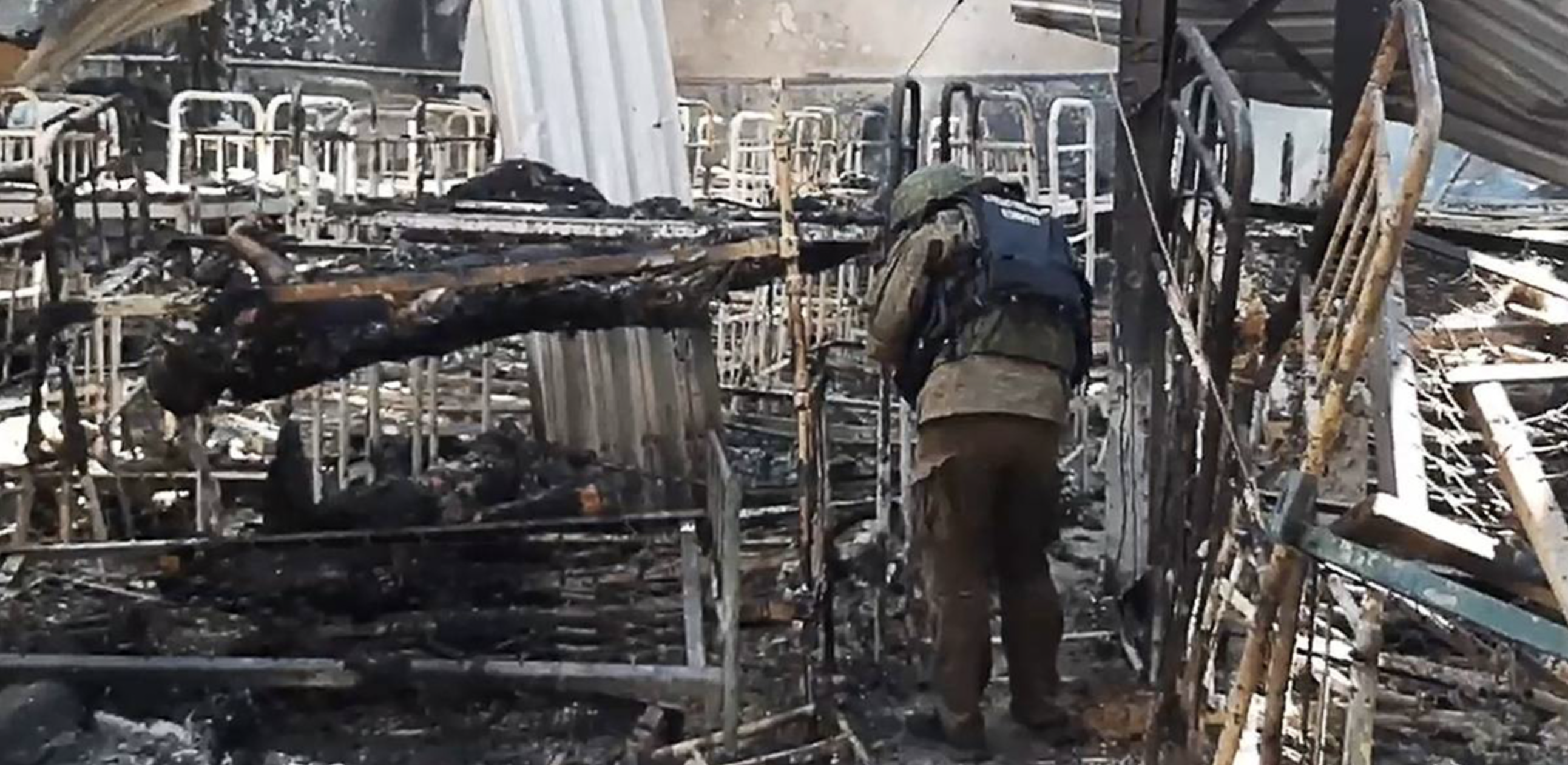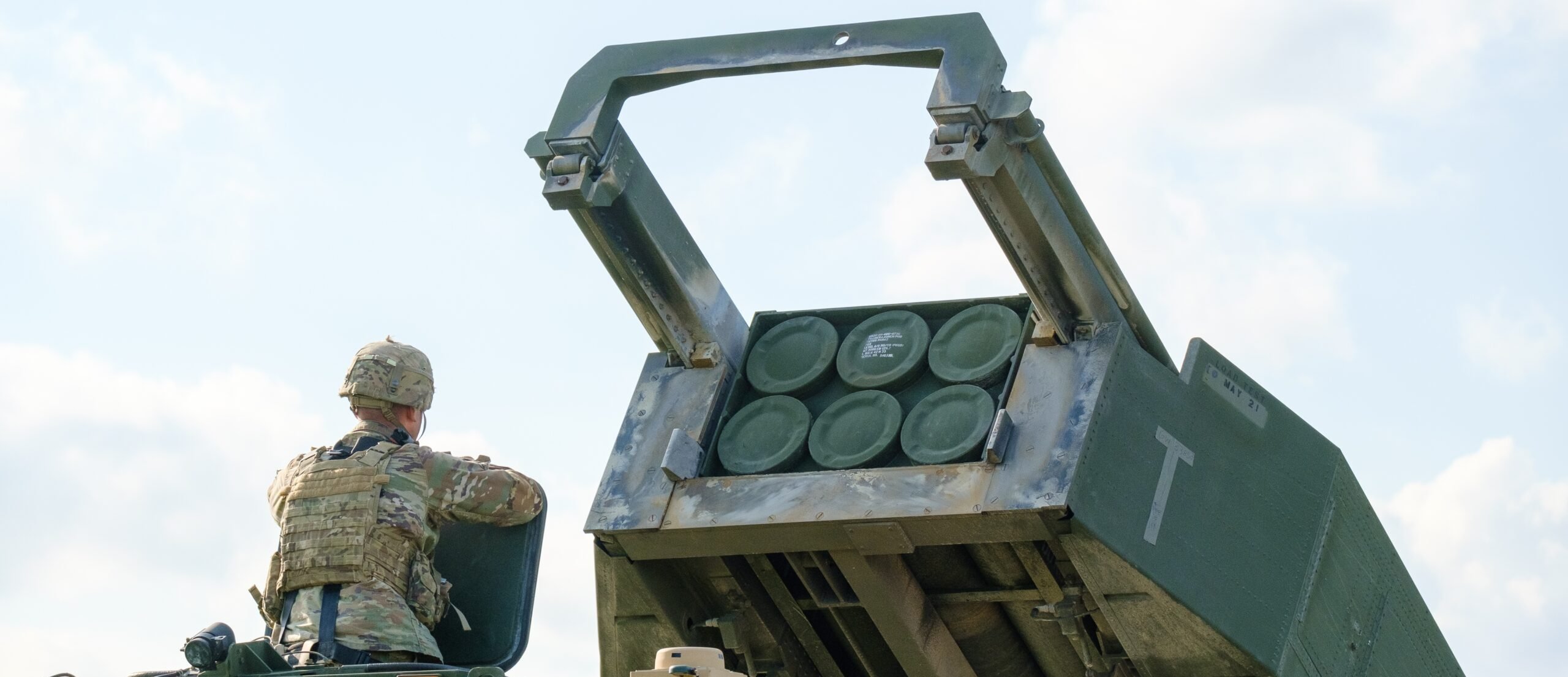
Russia launched another drone attack on Kyiv on the night of Nov. 7. Fragments and debris from the drones fell across six districts, damaging residential buildings, a medical facility, and a business center in five of these areas.
The attack lasted eight hours, with Ukrainian forces downing more than 30 Russian drones at various altitudes. Two civilians were injured. Air raid alerts have sounded in Kyiv almost daily over the past few weeks.
“For 31 days in October, there was only one day without an air raid alert in the capital. On average, Kyiv residents heard sirens twice a day,” the Kyiv City Military Administration reported.
Between August and October 2024, Russia launched 4,300 Shahed-type drones and other unmanned aerial vehicles (UAVs) designed to resemble real Shahed ones, according to Ukraine’s Air Force.
“Thanks to the coordinated efforts of Ukraine’s air defense forces, 3,063 enemy drones were shot down, accounting for 71 percent of the total,” the statement added.
Andrii Kovalenko, Head of the Centre for Countering Disinformation at Ukraine’s National Security and Defense Council, believes Russia is attempting to make drone raids a near-constant threat.
“These attacks serve both military purposes, such as conserving missile stockpiles, and intelligence-gathering. Additionally, they are part of a strategy of constant psychological pressure on the population to break their will to resist,” Kovalenko said.
He also pointed out that new methods to counter drones are “already in development.”
Earlier, Forbes reported that the Ukrainian military continues to develop a drone capable of intercepting Russian UAVs.
Kyiv is working to boost the supply of air defense systems, but the increasing use of drones requires a new approach to reduce the effectiveness of Russian attacks. In this context, electronic warfare systems may become a vital tool to jam the signals of drones.
“This is significant because while missiles cost hundreds of thousands of dollars and bursts of cannon fire cost thousands, the electronic jammers cost virtually nothing to operate and never run out of ammunition,” the report says.
Photo: Reuters/Gleb Garanich










